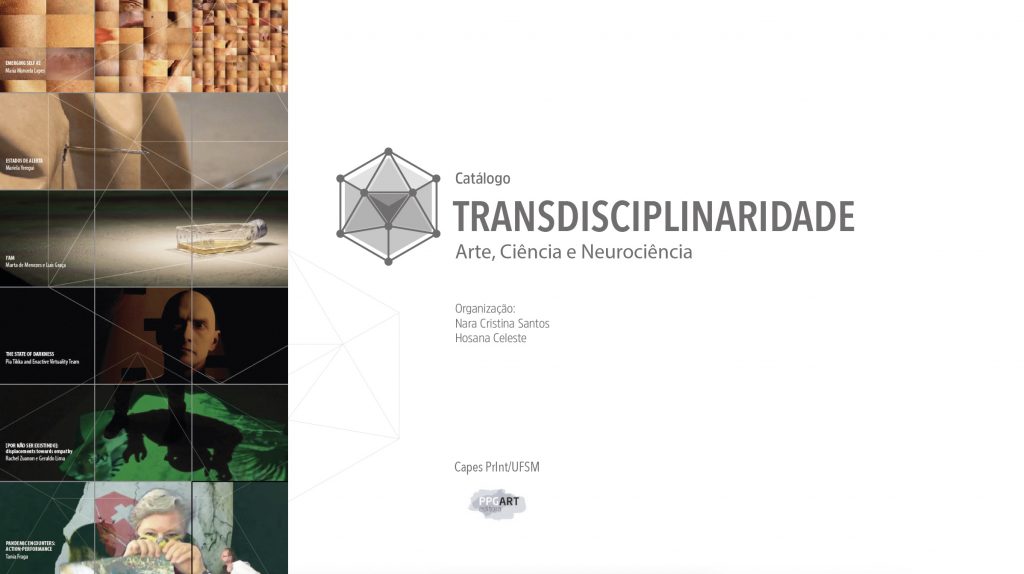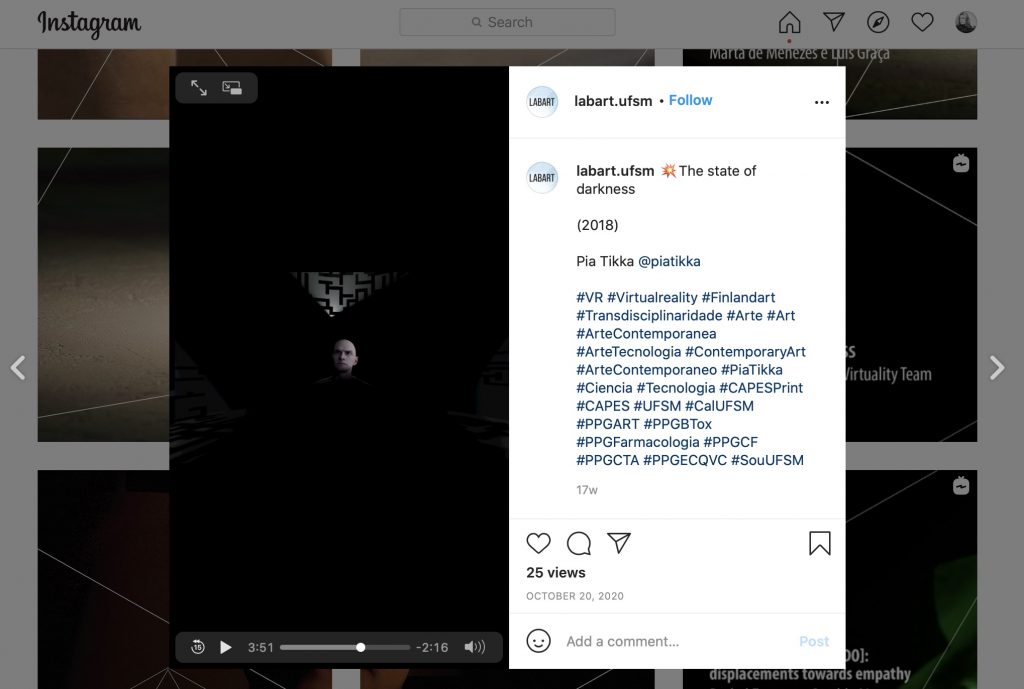Keynote speaker at The Organizing Committee of the Transdisciplinarity in Science and Arts – Capes Print Symposium at UFSM, Brazil
Humanlikeness is in the eye of the beholder, not in the machine. My argument is that human encounter with an artificial human relies on the mind’s simulation of human-to-human meetings, given similarly meaningful contexts. People have a cognitive drive, or tendency to anthropomorphize intentions and behaviours of humans to beings and things they interact with, be they cats, dogs, vacuum cleaner robots, or abstract geometrical shapes. Reflecting against the human individual’s own experiences, they see emotions, intentions, hidden motivations everywhere. This is the human way to create virtuality, and it comes both via individual bodily experience in life situations as well as evolution of the genre. Thanks to it, human mind is capable of reaching beyond the known physical worlds, to imagine the unimagined, as made obvious, for example, by science fiction. In my creative work of authoring narrative encounters with artificial humane characters, the concept of humanlikeness itself is assumed to be a psychological construct of the human participant. Thus, the tumblestones on the way of implementation of artificial humans may not be the limitations of the technology but rather the characteristics of the bio-cultural humans themselves. My talk concludes with a particular focus on people who are not able to go out, hug trees, play tennis, and people who are tight to their bed. For them, virtuality by enaction means engaging with other humans in technologically augmented worlds. Application of artificial humans in the social and medical fields may provide yet unseen benefits – and dangers – beyond the imaginative powers of human minds.
The symposium is being organized by the Capes-PrInt Project’s researchers belonging to six postgraduate programs1 from the Federal University of Santa Maria (UFSM, Brazil).

